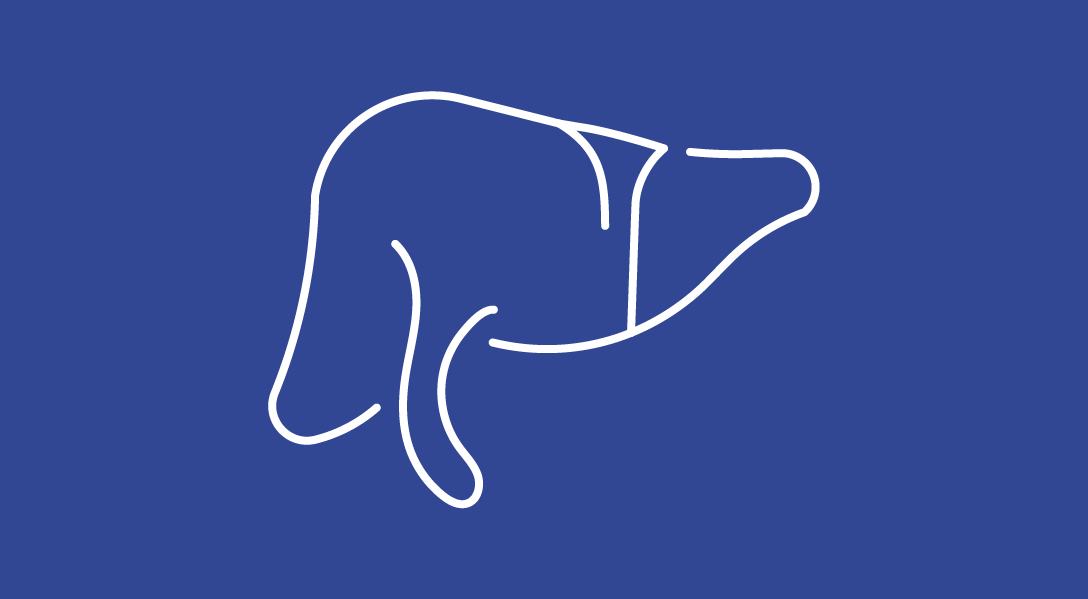First-Line Nivolumab Plus Ipilimumab May Improve OS in Advanced HCC
Patients with advanced hepatocellular carcinoma treated with nivolumab plus ipilimumab had an improvement in overall survival compared with standard-of-care TKIs.
First-Line Nivolumab Plus Ipilimumab May Improve OS in Advanced HCC

Patients with advanced hepatocellular carcinoma (HCC) treated with first-line nivolumab (Opdivo) plus ipilimumab (Yervoy) had a statistically significant and clinically meaningful improvement in overall survival (OS) vs investigator’s choice of sorafenib (Nexavar) or lenvatinib (Lenvima), meeting the primary end point of the phase 3 CheckMate 9DW trial (NCT04039607).1
Findings from a prespecified interim analysis of the trial also confirmed that the combination had a manageable safety profile that was consistent with previously reported data. No new safety signals were observed.
Bristol Myers Squibb plans to complete a full evaluation of the data and subsequently present results at a future medical meeting. Findings will also be submitted to global regulatory authorities.
“[Patients with] advanced stage liver cancer remain in need of additional treatment options that may help improve survival,” Dana Walker, MD, MSCE, vice president and global program lead of gastrointestinal and genitourinary cancers at Bristol Myers Squibb, stated in a news release. “The OS benefit demonstrated by the combination of [nivolumab] plus [ipilimumab] in the CheckMate 9DW trial demonstrates its potential to improve outcomes compared to well-established TKI treatment options.”
In March 2020, the FDA granted accelerated approval to the combination of nivolumab and ipilimumab for the treatment of patients with HCC who have received prior therapy with sorafenib.2 The regulatory decision was supported by data from the phase 1/2 CheckMate-040 trial (NCT01658878), which demonstrated that at a median follow-up of 28 months, the combination elicited an objective response rate (ORR) of 33% (95% CI, 20-48), including an 8% complete response (CR) rate and a 24% partial response (PR) rate.
CheckMate 9DW was designed as a confirmatory trial following the accelerated approval.
The randomized, multicenter, open-label study included patients at least 18 years of age with a histologically confirmed diagnosis of advanced HCC and no prior exposure to systemic therapy.1,3 Patients needed to have at least 1 measurable and previously untreated lesion per RECIST v1.1 criteria; a Child-Pugh score of 5 or 6; and an ECOG performance status of 0 or 1. Key exclusion criteria include known fibrolamellar HCC, sarcomatoid HCC, or mixed cholangiocarcinoma and HCC; prior liver transplant; episodes of hepatic encephalopathy within 12 months before randomization; and the presence of active brain metastases or leptomeningeal metastases.
Patients were randomly assigned to receive 1 mg/kg of intravenous (IV) nivolumab and 3 mg/kg of IV ipilimumab once every 3 weeks for up to 4 doses, followed by 480 mg of single-agent nivolumab every 4 weeks; or single-agent sorafenib or lenvatinib.1
The key primary end point of the trial was 4-year OS; secondary end points included objective response rate, duration of response, and time to symptom deterioration.
CheckMate 9DW is ongoing across 210 locations, with an estimated completion date of September 30, 2026.
References
- Bristol Myers Squibb announces CheckMate -9DW trial evaluating Opdivo (nivolumab) plus Yervoy (ipilimumab) meets primary endpoint of overall survival for the first-line treatment of advanced hepatocellular carcinoma. News release. PR Newswire. March 20, 2024. Accessed March 20, 2024. https://news.bms.com/news/details/2024/Bristol-Myers-Squibb-Announces-CheckMate--9DW-Trial-Evaluating-Opdivo-nivolumab-Plus-Yervoy-ipilimumab-Meets-Primary-Endpoint-of-Overall-Survival-for-the-First-Line-Treatment-of-Advanced-Hepatocellular-Carcinoma/default.aspx
- FDA grants accelerated approval to nivolumab and ipilimumab combination for hepatocellular carcinoma. FDA. March 10, 2020. Accessed March 20, 2024. https://www.fda.gov/drugs/resources-information-approved-drugs/fda-grants-accelerated-approval-nivolumab-and-ipilimumab-combination-hepatocellular-carcinoma
- A study of nivolumab in combination with ipilimumab in participants with advanced hepatocellular carcinoma (CheckMate 9DW). ClinicalTrials.gov. Updated January 18, 2024. Accessed March 19, 2024. https://classic.clinicaltrials.gov/ct2/show/NCT04039607


